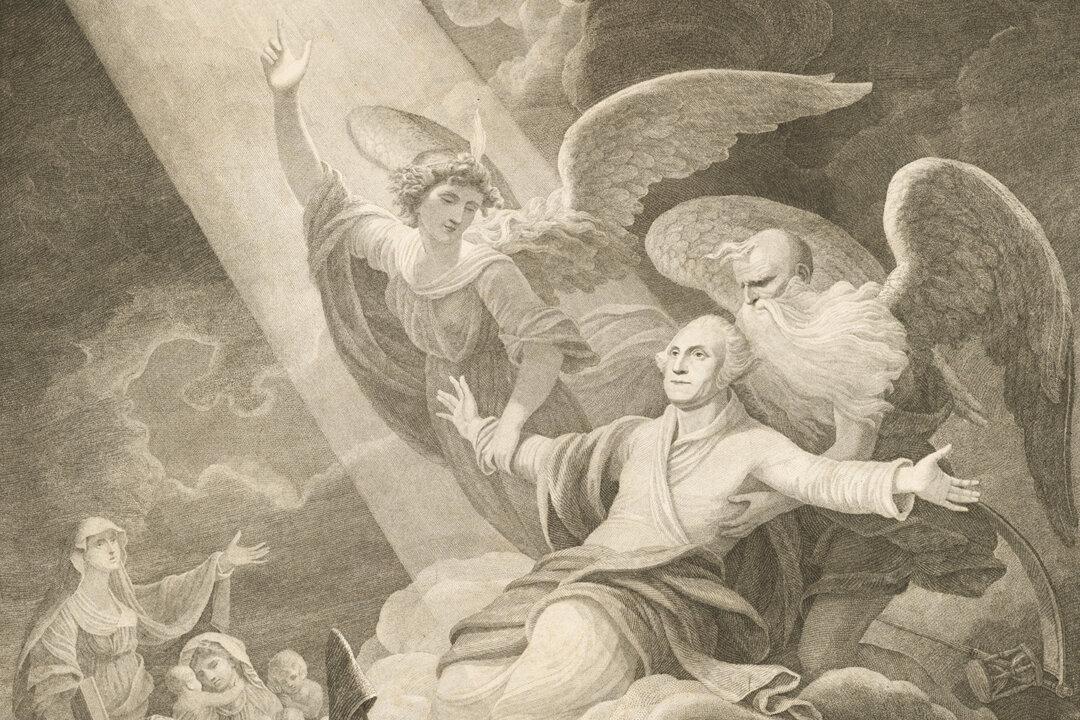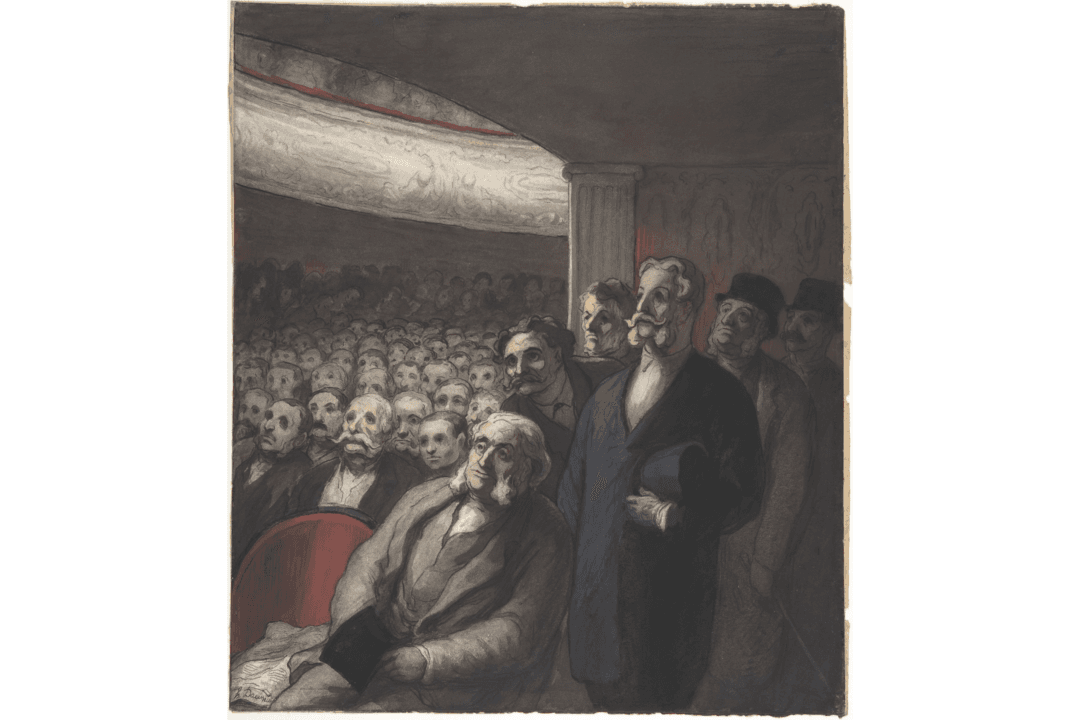In February 1949, Arthur Miller’s essay “Tragedy and the Common Man” appeared in The New York Times, a mere two weeks after the premiere of his most acclaimed play, “Death of a Salesman.” Considered by some to be the justification for the “tragedy” of Willie Loman, the piece—which never mentions Loman or the play itself—nevertheless sets the foundation for a new examination of the genre of tragedy. It proposes, as its title indicates, that tragedy can no longer inhabit the realm of the royal, the warrior, or the god. Instead, argues Miller, tragedy is suitable for the common person who shares with the tragic heroes of old an existential striving to find “his rightful place in the world.”
Even after 72 years, “attention must be paid,” to use Miller’s famous line from “Death of a Salesman,” to an American playwright of Miller’s significance. Unfortunately, while his essay retains much of its rhetorical power, its message has been bastardized by our contemporary sensibilities, so much so that the tragedy Miller envisions is neutered to the point of losing its grandeur and permanence. When looked at from a Natural Theater perspective, one can see just how contemporary theater cannot support Miller’s treatment of tragedy (but the Natural Theater can!).






